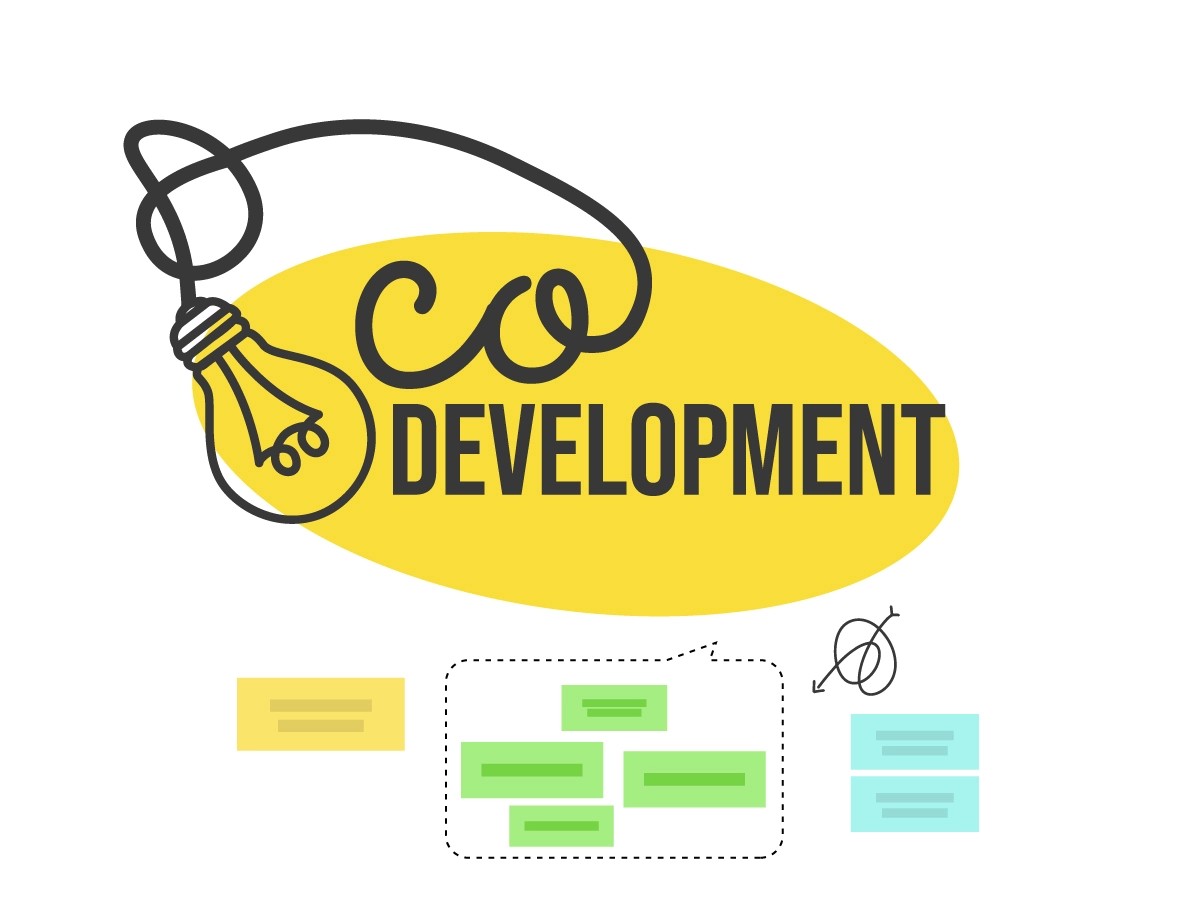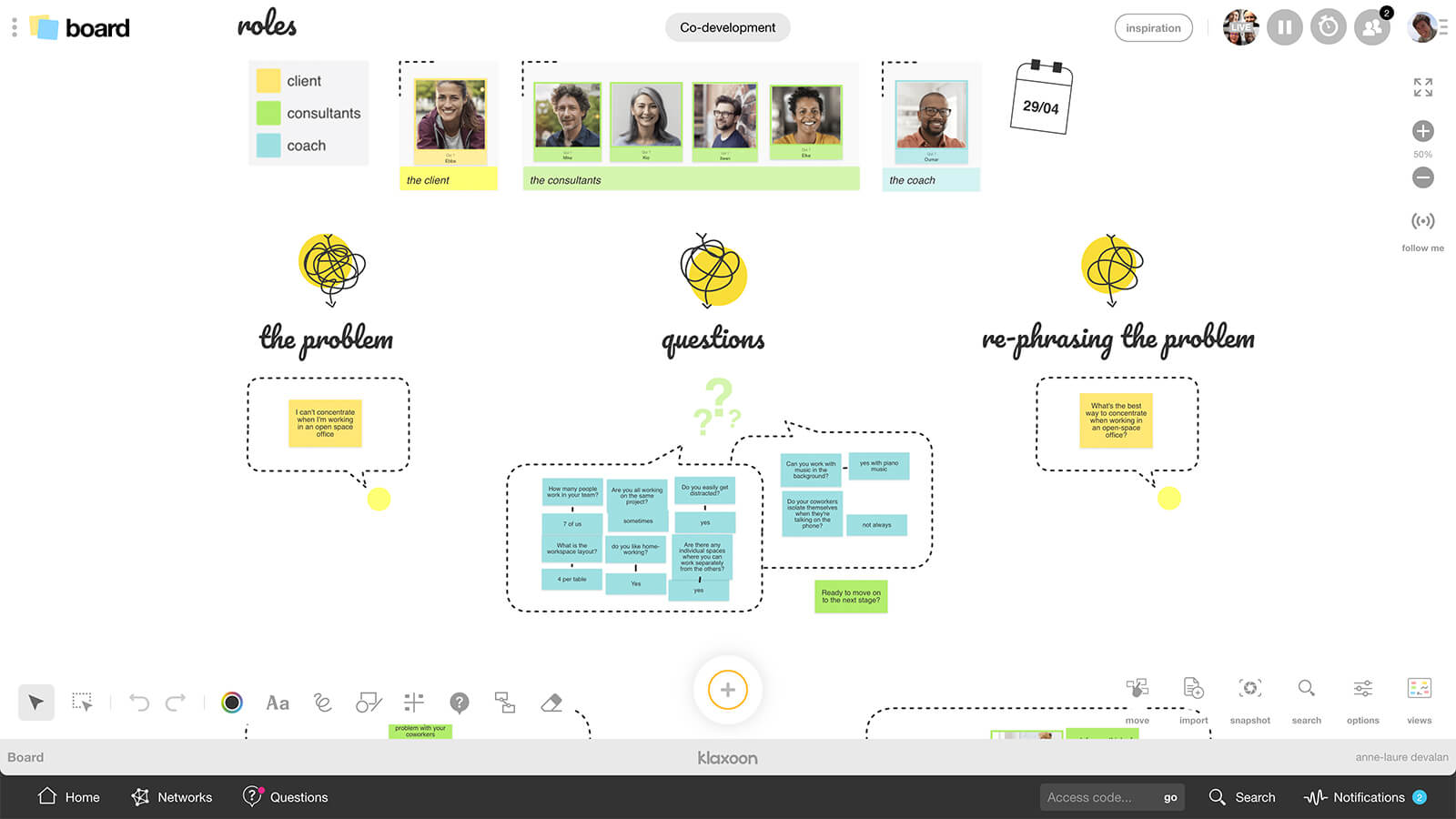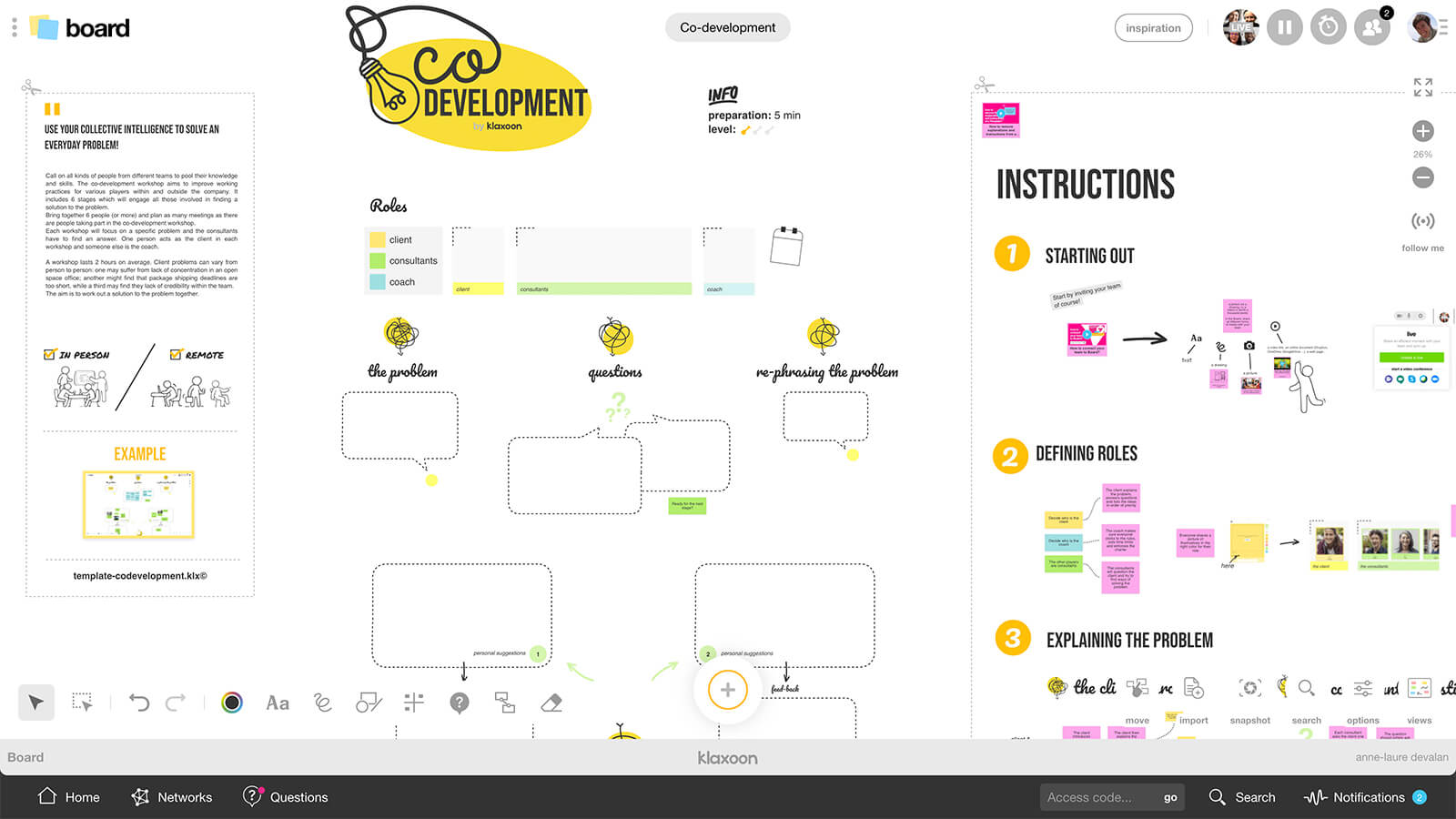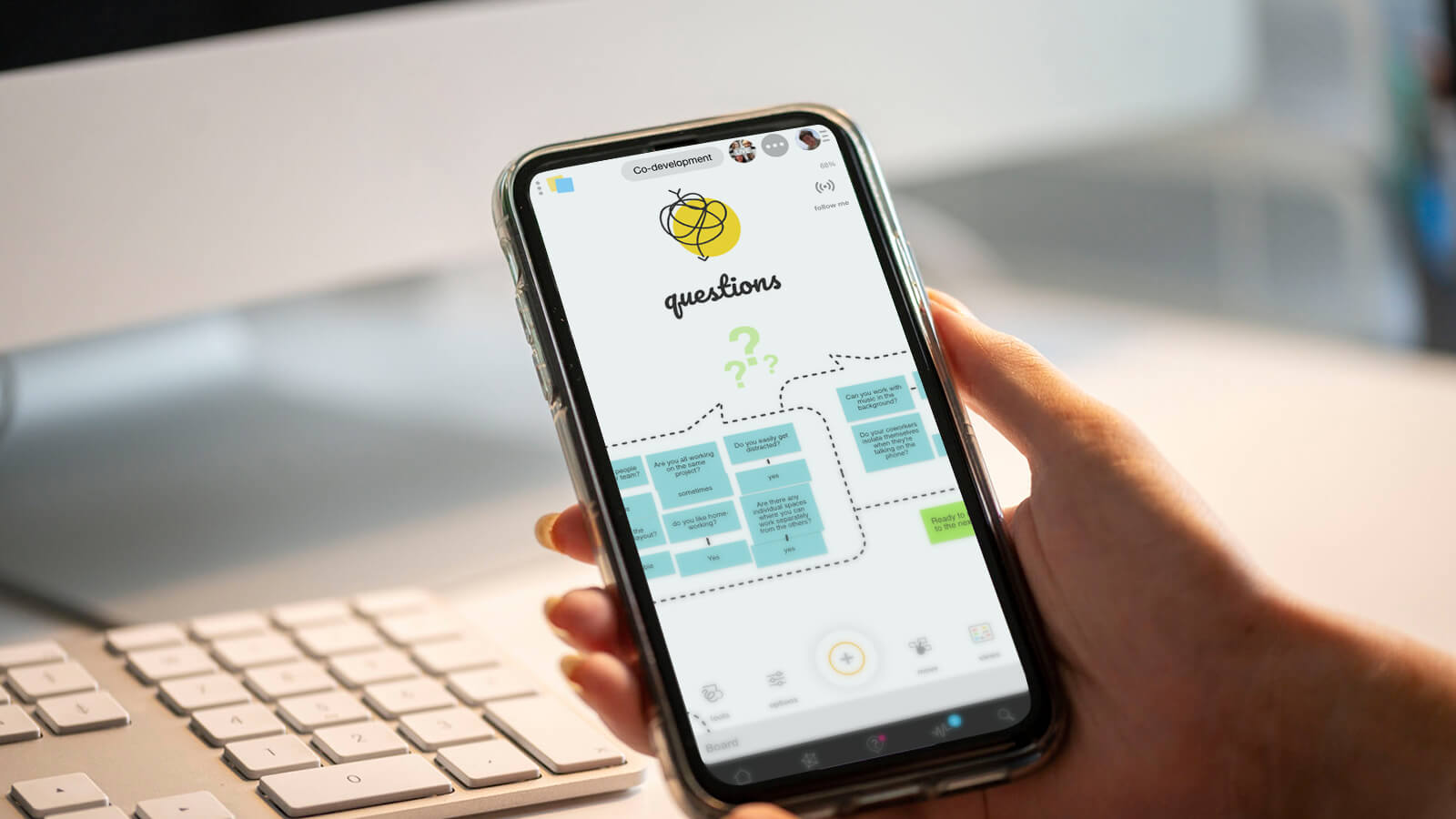Co-development: a training method that calls on collective intelligence
Published on February 14, 2025
Co-development: a training method that calls on collective intelligence


Co-development, a training method that relies on experience and communication with peers, and consolidates team working practices within the same company or separate companies. The co-development workshop comprises 6 stages during which everyone ultimately works on solving a problem.
It’s a training method that was developed in the 90s in Quebec, Canada, that relies on team communication and collective intelligence to address professional issues specific to each team member.
It was developed by two management specialists: Adrien Payette, lecturer at École Nationale d’Administration Publique (ENAP) and Claude Champagne, who worked as a trainer at a hospital in Quebec. Unlike traditional training programs, it does not rely on a trainer passing on their knowledge to a group. The group finds their own solutions and improve by communicating and thinking for themselves.


A co-development workshop comprises between 6 and 10 people, and includes as many sessions as there are people involved. A session lasts for about 2 hours.
A group member acts as a client and presents their situation, setting out the problem, their concern, and their project. The group then aims to find appropriate solutions. The group can call on a co-development coach. They will help to guide the group if necessary, without influencing what is said. Sessions are rolled out in 6 stages.
The “client” tells the group what’s on their mind, i.e. a problem, a particular concern or a project that’s on standby. Other members, acting as “consultants”, listen to the “client”.
The “consultants” ask factual questions to get more details about the challenges involved. The most important thing is to set aside behavior-based elements to focus on facts only. The aim is to create chains of cause and effect.
The “client” summarizes the exchanges and voices a request. The “consultants” rephrase the request to make sure that it is taken on board, and to ensure the success of the workshop.


The "consultants” talk, discuss, think, and discuss again. The “client” listens, can ask for details and notes down any suggestions.
The “client” organizes the information and drafts a summary that will lead to an action plan. The “consultants” guide the “client” toward the most appropriate actions.
Everyone draws conclusions on the session, on what they’ve learned. The workshop can end with an overall assessment of the interactions.
The co-development workshop relies on this 6-stage structure to yield results.
The co-development method has many benefits:


Use the Co-development Template to report on the exchanges and share with other team members.
Whether acting as coach, client, or consultant, everyone can take part and give others food for thought with ideas, drawings and documents.
Each stage is listed in this Template, which is customizable according to the group and everyone’s personal requirements.
With Live, Board's built-in videoconferencing solution, co-development workshops can be organized with groups who are either on site or remote.
Board is available to all asynchronously after the session, where everyone can find all the exchanges and ideas for future reference if necessary.
This Template can be used along with one or more others from the Template library, which offers many ways to create a unique experience.
Get inspired by other templates from the same categories
Unlock your teamwork potential